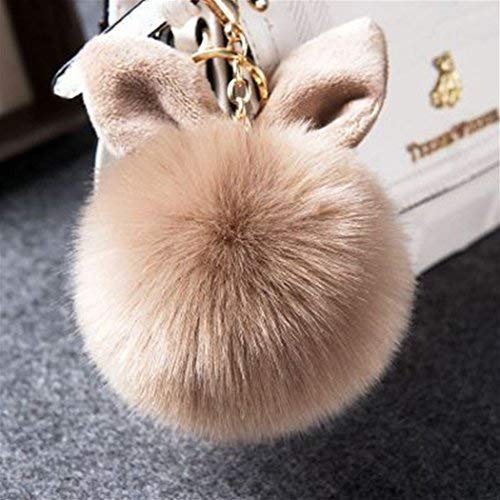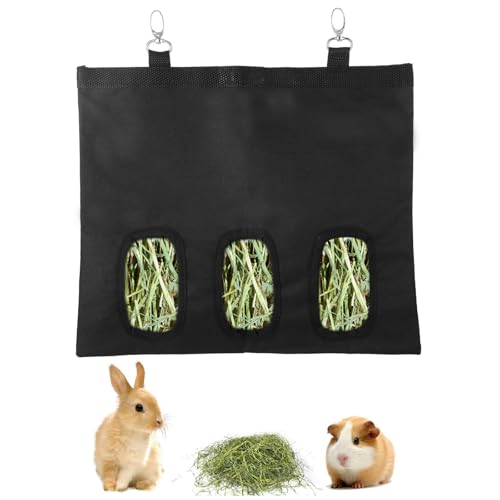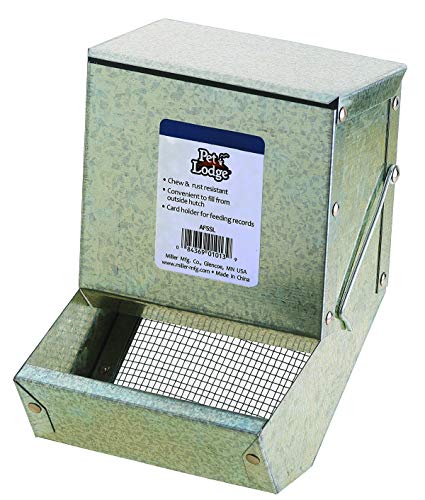skysthelimit":3l0jzzty said:A large portion of the population of the world is lactose intolerant, because most mammals stop drinking milk after they are weaned. They can consume it, but is it is not a necessity.
This is my families experience. Though I hear that drinking raw milk may be the answer to many people's intolerance to dairy. Mainly, because it has the bacteria that hasn't been pasteurized out of it that helps break down the lactose sugars. My husband and son can drink raw milk fine. I haven't experimented yet because to quite honest I'm fearful of having a reaction. One daughter gets a stomach ache still and my other daughter started getting eczema when she started drinking it. So back to coconut milk for them!
Anyways, thought I'd share.
I find this thread fascinating. Thank you to all for your research!
































